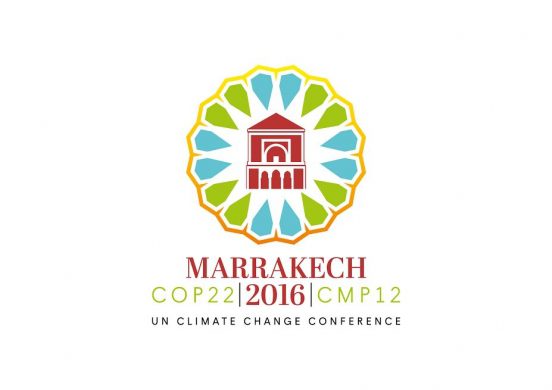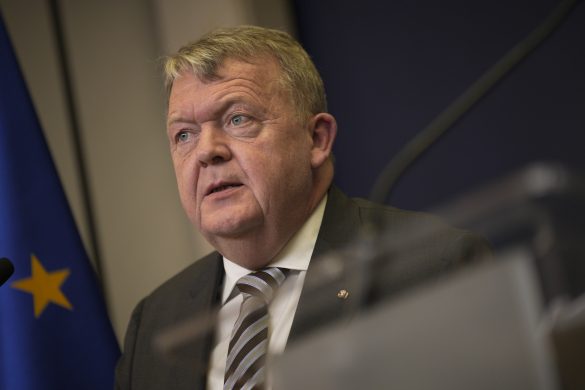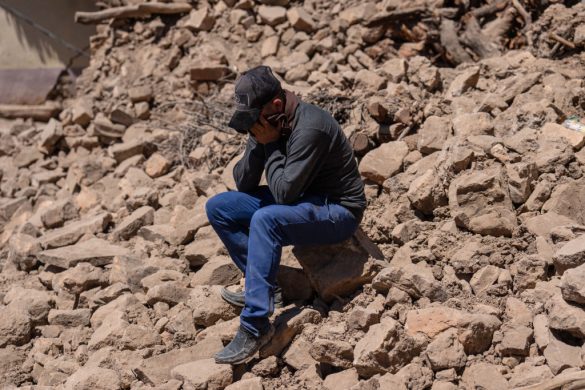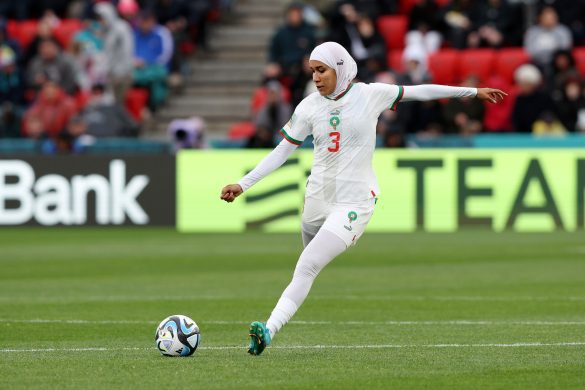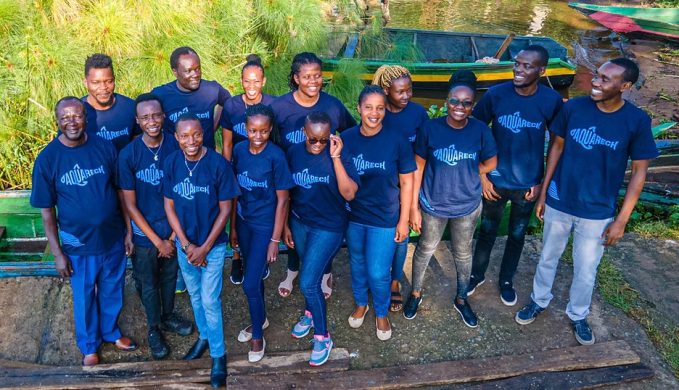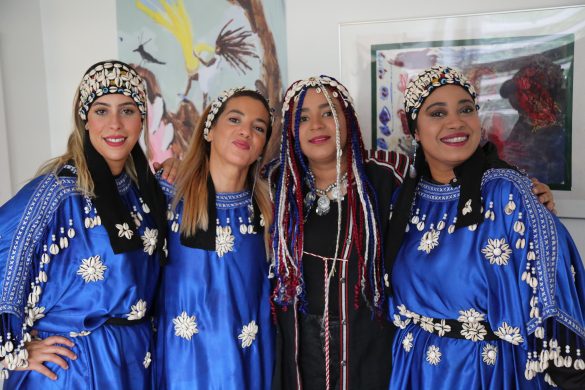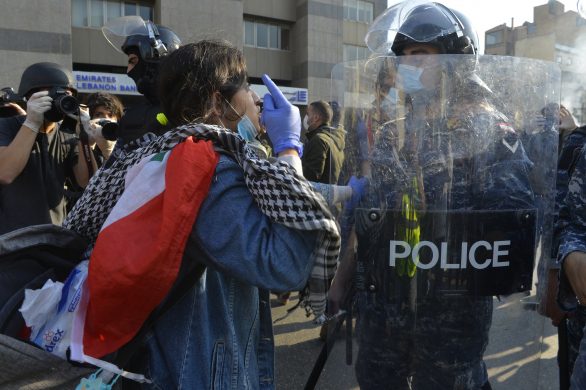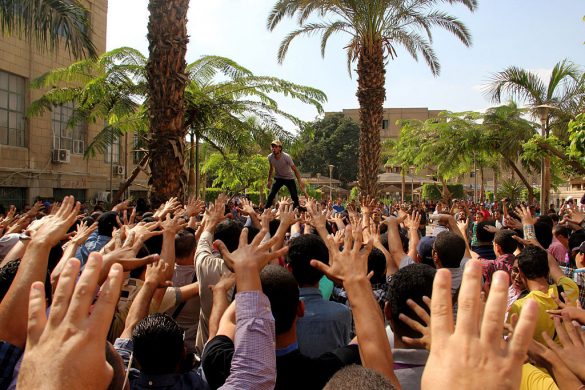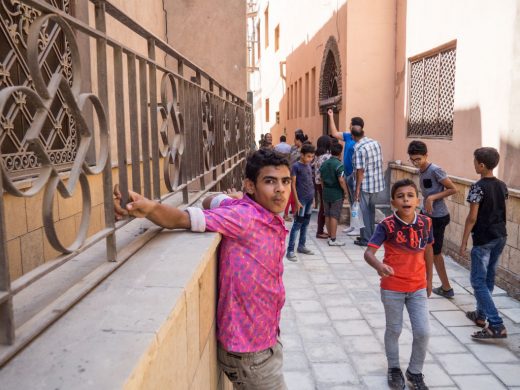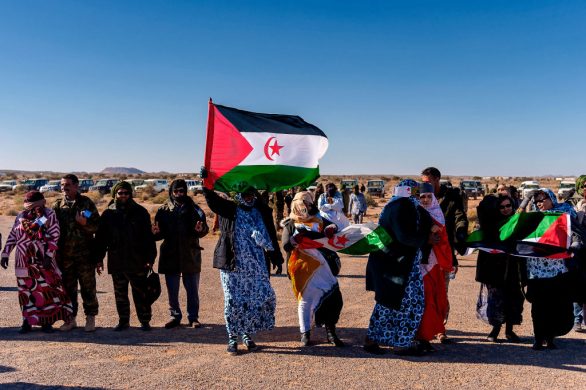– As the UN Climate Change Conference came to a close in Marrakech, after two weeks of inclusive and positive negotiations and hundreds of activities and side-events featuring Heads of State and Government, delegations and participants from around the world, COP22 President Salaheddine Mezouar and Steering committee members held a press conference to take stock on outcomes and achievements.
The Marrakech Action Proclamation
The Marrakech Action Proclamation, widely seen as a reaffirmation of global commitment to the Paris Agreement, arrived through the involvement of more than 70 Heads of State and a highly inclusive process including consultations with all Parties starting weeks earlier at the Pre-COP.
“We welcome the Paris Agreement…and we affirm our commitment to its full implementation,” it says.
Other notable outcomes
In addition, the conference produced scores of declarations, initiatives, MoUs, agreements and an undeniable air of positive forward momentum in the fight against climate change. The official outcomes of the COP were a collection of diverse documents.
Some key achievements include: the first meeting of Parties to the Paris Agreement (CMA1), the agreement by Parties to set a fast track for the completion of the Paris Agreement rulebook by 2018, the delivery by the UK and Australia of the $100 billion dollar annual climate finance roadmap by 2020, the Global Environment Facility (GEF) Capacity-building Initiative for Transparency backed by 11 developed country donors providing $50 million-worth of funding.
The $500 million Marrakech Investment Committee for Adaptation Fund was launched in partnership with The Lightsmith Group, based in the United States, BeyA Capital, based in Africa, and the Global Environment Facility, the NDC Partnership on capacity building was launched as well as the Secretariat in Morocco of the International Climate Change Center of Excellence and Think Tanks for Capacity Building (INCCCETT 4CB).
The Climate Vulnerable Forum declaration calling to limit global temperature rise to as close to 1.5 degrees Celsius as possible, the Water for Africa initiative established by the Kingdom of Morocco and supported by the African Development Bank.
The Kingdom of Morocco also announced its Blue Belt Initiative aimed at building the resilience of coastal communities and promoting sustainable fisheries and aquaculture as well as the launch of the Adaptation for African Agriculture (AAA) initiative aimed at building resilience among small-holder farmers in Africa by promoting sustainable soil, water and risk management through capacity development, policies and funding mechanisms.
Countries also approved a five-year workplan on “loss and damage”, which will start in 2017 and will see countries start to formally address topics such as slow-onset impacts of climate change, non-economic losses (for example, culture and identity) and migration. In other words, dealing with climate impacts that are beyond adaptation.
Historic meeting between COP22-Presidency and Civil Society
In terms of civil society participation, COP22 was a success based on important contributions by a wide array of stakeholders. More than 600 events were held in the Green Zone.
The Conference of Youth (COY12) welcomed more than 2,000 participants. The 2nd Regional and Local Leaders Summit held on the margins of the COP, brought together more than 1,000 participants from 114 countries including 780 local and regional elected officials.
An important international meeting between 37 National Human Rights Institutions also occurred, focusing on the implementation of the Paris Agreement and the UN 2030 Sustainable Development Goals.
Another important meeting of labor unions featuring 40 from Africa and the International Trade Union Confederation was also held during COP22.
For the first time in COP history a meeting will take place this upcoming January between the COP22 Presidency and civil society to take stock and chart a roadmap for collaboration over the next year.

